Expansion of Clinical Trials
The expansion of clinical trials in Italy significantly influences the medical writing market. With an increasing number of clinical studies being conducted, the demand for comprehensive documentation has risen correspondingly. In 2025, it is projected that clinical trial-related writing will represent around 35% of the medical writing market. This growth is attributed to Italy's favorable regulatory environment and its strategic location within Europe, making it an attractive site for international clinical trials. As pharmaceutical companies seek to streamline their trial processes, the need for proficient medical writers who can create clear and concise trial protocols, informed consent forms, and clinical study reports becomes paramount. This driver not only enhances the quality of clinical research but also contributes to the overall growth of the medical writing market.
Growing Demand for Scientific Publications
The growing demand for scientific publications is a significant driver of the medical writing market in Italy. As researchers and institutions seek to disseminate their findings, the need for skilled medical writers who can craft high-quality manuscripts has intensified. In 2025, it is estimated that scientific publication writing will represent about 20% of the medical writing market. This trend is fueled by the increasing emphasis on publishing in reputable journals, which is essential for academic recognition and funding opportunities. Consequently, medical writers play a crucial role in ensuring that research is communicated effectively and adheres to publication standards. This driver highlights the importance of professional writing services in enhancing the visibility and impact of scientific research within the medical writing market.
Rising Focus on Patient-Centric Approaches
The medical writing market in Italy is increasingly influenced by a rising focus on patient-centric approaches in healthcare. As stakeholders prioritize patient engagement and understanding, the demand for medical writers who can effectively communicate complex medical information to diverse audiences has grown. In 2025, it is anticipated that patient-centric documentation will constitute approximately 25% of the medical writing market. This shift necessitates the development of materials that are not only scientifically accurate but also accessible and relatable to patients. Consequently, medical writers are expected to adapt their skills to create educational content, patient leaflets, and other resources that enhance patient comprehension and involvement in their healthcare journey. This driver reflects a broader trend towards improving patient outcomes through effective communication.
Increasing Regulatory Compliance Requirements
The medical writing market in Italy is experiencing a notable surge due to the increasing regulatory compliance requirements imposed by health authorities. As pharmaceutical and biotechnology companies strive to meet stringent guidelines, the demand for skilled medical writers has escalated. In 2025, it is estimated that the market for regulatory submissions will account for approximately 40% of the overall medical writing market. This trend indicates a growing need for professionals who can navigate complex regulations and produce high-quality documentation. Furthermore, the emphasis on compliance is likely to drive investments in training and development for medical writers, ensuring they are well-equipped to handle evolving regulatory landscapes. Consequently, this driver is pivotal in shaping the future of the medical writing market in Italy.
Integration of Digital Tools in Medical Writing
The integration of digital tools in the medical writing market is transforming how documentation is created and managed. In Italy, the adoption of advanced software and digital platforms is streamlining the writing process, enhancing collaboration among stakeholders. By 2025, it is projected that the use of digital tools will account for nearly 30% of the medical writing market. These tools facilitate real-time updates, version control, and efficient data management, which are essential in a fast-paced regulatory environment. Moreover, the ability to leverage data analytics and artificial intelligence in writing processes may lead to improved accuracy and efficiency. As a result, medical writers are likely to embrace these technologies, which could redefine traditional writing practices and contribute to the overall growth of the medical writing market.


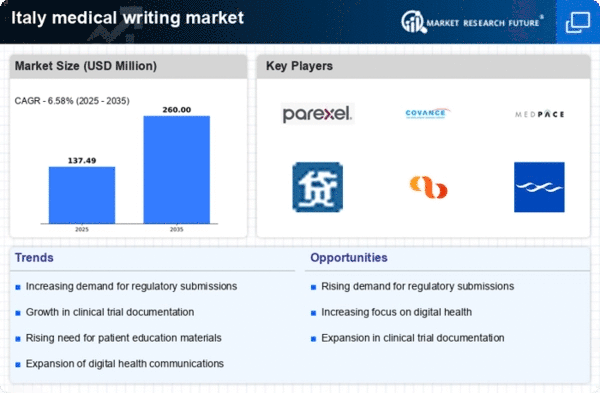

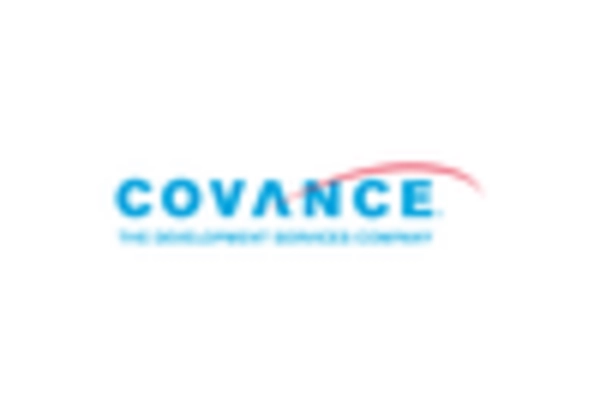
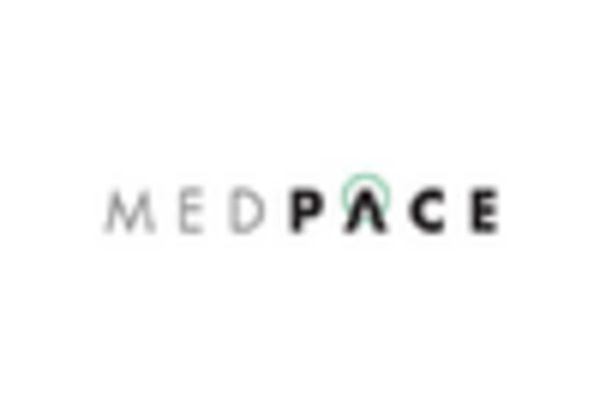
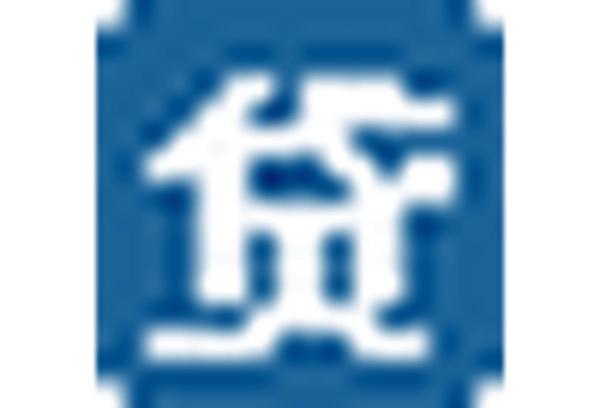
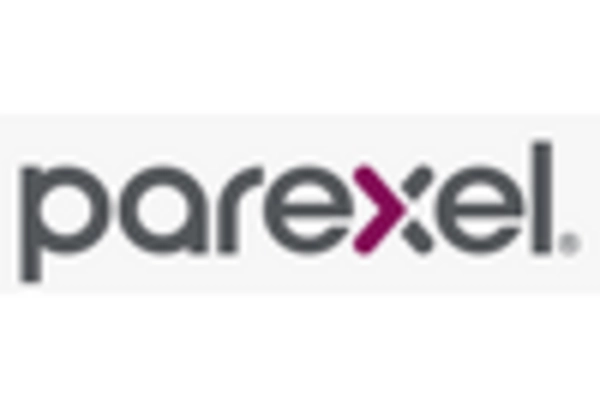









Leave a Comment